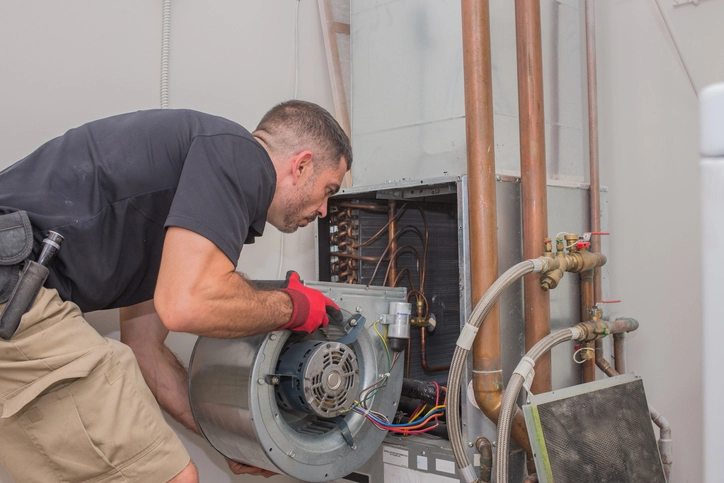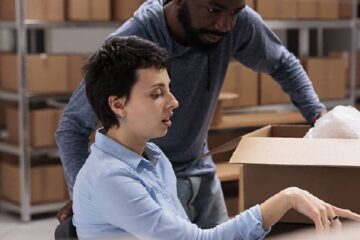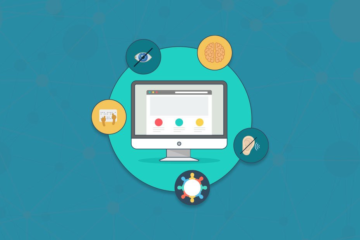HVAC Technician: Roles & Responsibilities

The HVAC technician is responsible for maintaining, installing, and repairing heating, ventilation, and air conditioning systems. HVAC technicians typically work in both residential and commercial settings. In some cases, they may also work in industrial settings.
The job duties of an HVAC technician can vary depending on their employer and the type of work they are performing. However, there are some common duties that all HVAC technicians perform. These duties include:
1-Inspecting HVAC systems
The inspection is an important part of the HVAC technician’s job. They must regularly inspect the heating and cooling systems to ensure they are working properly. This includes checking for leaks, testing the pressure, and ensuring the system is clean.
The procedure for inspecting an HVAC system can vary depending on the type of system. However, all inspections should include a visual inspection of the system and all its parts. The technician may also use various tools to test the system’s functioning.
2-Installing HVAC systems
HVAC technicians are responsible for installing both residential and commercial HVAC systems. The installation process can be complex, and the technician must have a thorough understanding of the system before they begin, hence the need to understand the use of the HVAC Software.
The first step in installing an HVAC system is to prepare the area where the system will be installed. This includes measuring the space and ensuring there is enough ventilation. The technician will then install the various parts of the system, such as the ductwork, vents, and registers.
3-Repairing HVAC systems
HVAC technicians are also responsible for repairing HVAC systems. This can include fixing a leaky pipe or replacing a broken air conditioner. Sometimes, the repair may be as simple as resetting a circuit breaker.
The repair may be more complex in other cases, such as fixing a gas leak. In either case, the technician must have the knowledge and experience necessary to safely and effectively repair the system.
4-Maintaining HVAC systems
HVAC technicians are also responsible for maintaining HVAC systems. This includes regularly cleaning the system and its parts and performing preventative maintenance. Preventative maintenance can help extend the system’s life and prevent potential problems.
Cleaning an HVAC system is important to maintain its efficiency. The technician will use various tools to clean the system, such as vacuums and brushes. They may also use chemicals to clean the system.
5-Troubleshooting HVAC problems
HVAC technicians are often called upon to troubleshoot problems with HVAC systems. This can include anything from finding a system leak to diagnosing a problem with the air conditioner. In many cases, the technician will use their knowledge of the HVAC system to troubleshoot the problem.
Sometimes, the technician may need special tools to troubleshoot the problem. For example, they may need a multimeter to test for electrical issues.
6-Providing customer service
HVAC technicians often interact with customers. This can include answering questions about the HVAC system to customer service. In many cases, the technician must communicate effectively with the customer.
Final Thoughts
HVAC technicians have a lot of responsibility. They inspect, install, repair, and maintain HVAC systems. They also need to be able to troubleshoot problems and provide customer service.















